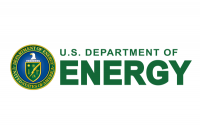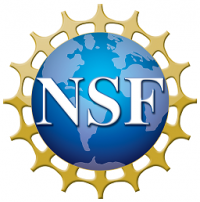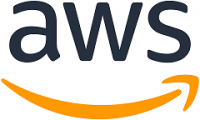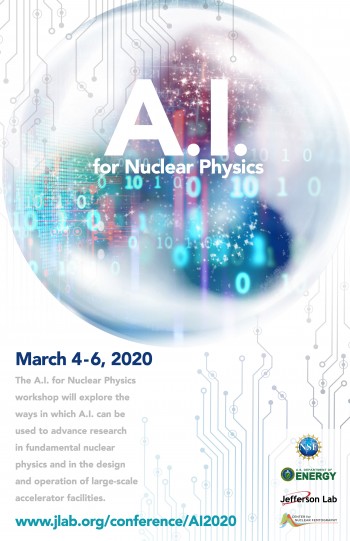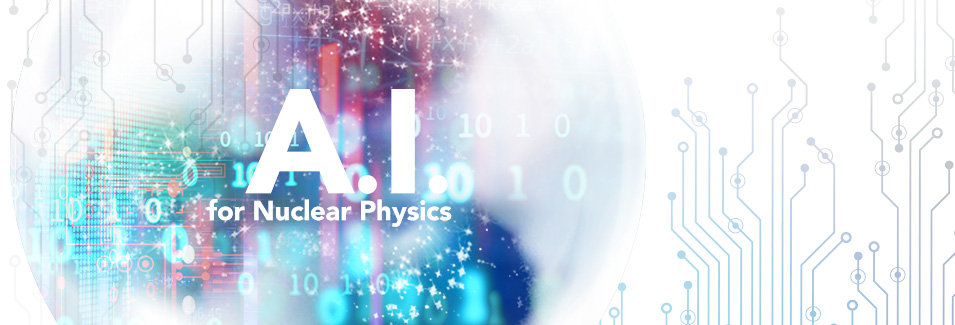Thomas Jefferson National Accelerator Facility
12000 Jefferson Avenue
Newport News, VA 23606 USA
WELCOME TO THE A.I. FOR NUCLEAR PHYSICS WORKSHOP
The A.I. for Nuclear Physics workshop will explore the ways in which A.I. can be used to advance research in fundamental nuclear physics and in the design and operation of large-scale accelerator facilities. This workshop will explore applications and research needed on several time frames, ranging from immediate benefit, those requiring a longer time scale, with possible interplay with research and development in A.I., and those topics where significant research and development in A.I. is likely essential. The results of the workshop will be summarized in a report that can serve as a roadmap for the future application of A.I. and a guide to areas for possible collaboration. The agenda will include plenary sessions in the mornings to set the scene with targeted breakout sessions in the afternoon. The full agenda is currently under development.
The workshop will be hosted in CEBAF Center at Thomas Jefferson National Accelerator Laboratory on March 4-6, 2020.
We especially encourage the participation of junior scientists and are planning an additional activity on March 3, 2020.
The deadline to apply for the A.I. for Nuclear Physics Workshop travel grant has been extended to FRIDAY, FEBRUARY 14, 2020. The Southeastern Universities Research Association and Jefferson Lab are pleased to announce they are offering up to 25 travel grants up to $1,500* to attend the A.I. for Nuclear Physics Workshop and pre-meeting activities March 3-6, 2020 at Jefferson Lab in Newport News, VA. For more information, click here.
Preparation Notes for the A.I. For Nuclear Physics Workshop
Here are a few notes on the workshop to help you prepare. One of the goals of the workshop is to document the status of the current efforts, calls attention to noteworthy achievements, and perhaps most importantly, outlines priority research directions for the future. The breakout sessions will be important to gather that information. The breakout sessions will be organized by the conveners and will contain some time for presentations and some time for open discussion. The discussion time is helpful for building connections and communities and sharing good practice as well as gathering information. If you want make a presentation, we encourage you to contact the appropriate conveners. Please understand that in some cases, due to the limited time, the presentations will need to be short.
In addition to scientific projects, it would be useful to understand the infrastructure needs where possible; what tools are people using, how much compute and storage do you use now, how do those needs project into the future, what data sets are you using and how do you expect that to change?
Conveners:
Lattice QCD and Other Quantum Field Theories
Paulo Bedaque, UMD/ (bedaque@umd.edu)
Kostas Orginos, W&M/JLAB (kostas@jlab.org)
Nuclear Structure Theory
Witold Nazarewicz, MSU (witek@frib.msu.edu)
Dean Lee, MSU (leed@frib.msu.edu)
Accelerator Science and Operations
Steven Lidia, MSU (lidia@frib.msu.edu)
Malachi Schram, PNNL (Malachi.Schram@pnnl.gov)
Experimental Methods
Michelle Kuchera, Davidson College (mikuchera@davidson.edu)
Mario Cromaz, LBNL (MCromaz@lbl.gov)
Event Generation and Simulation
Markus Diefenthaler, JLab (mdiefent@jlab.org)
Bayesian Inference for Quantum Correlation Functions
Wally Melnitchouk, JLab (wmelnitc@jlab.org)
Local Organizing Committee
- Amber Boehnlein (Jefferson Lab)
- Latifa Elouadrhiri (Jefferson Lab)
- Robert McKeown (Jefferson Lab)
- Yves Roblin (Jefferson Lab)
Workshop Secretariats
- Pat Stroop Please contact for all travel related inquiries
(757) 269-7553
Jefferson Lab - Event Services (Jefferson Lab) Please contact for workshop related inquiries
(757) 269-6930
